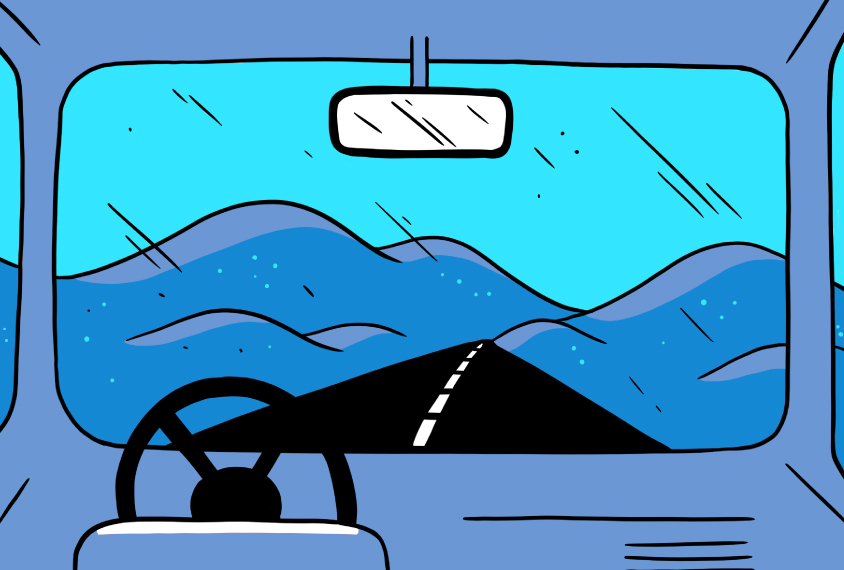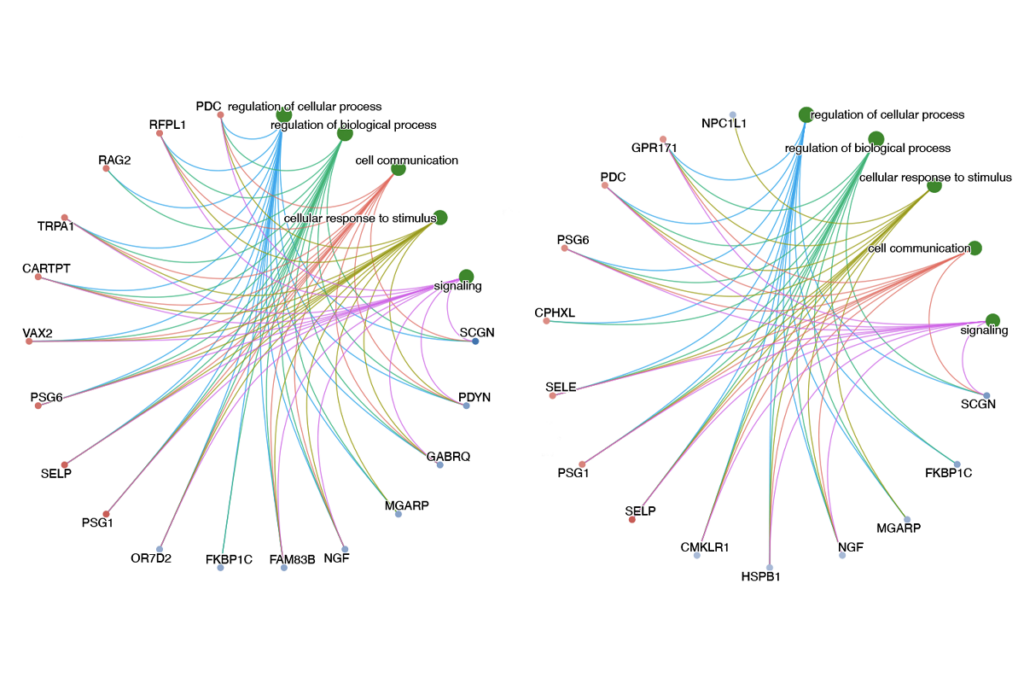For an early-career researcher, staying on top of the scientific literature in your chosen field can be overwhelming. It’s like trying to drink from a fire hose, says Daniel Gonzales, incoming assistant professor of biomedical engineering at Vanderbilt University in Nashville, Tennessee. “You could spend all your time only on new papers and still not have enough time,” he says.
In some ways, that sentiment is nothing new, says Richard Sever, assistant director and executive editor of the Cold Spring Harbor Perspectives journals and the co-founder of bioRxiv and medRxiv. People have felt inundated by the rising tide of new information for more than 2,000 years, according to some reports — bemoaning, for example, the printing press’s introduction of more books than one person could ever possibly read. Now, it’s the deluge of new papers and preprints that has researchers feeling swamped.
The upside is that now that everything is online, it’s possible to take control, Sever says. It might take some exploration, he says, but it is possible to use a combination of automation and social networking to surface the most interesting and relevant work. “You have to use all the tools at your disposal.”
To start, Sever and Gonzales both recommend Google Scholar as a useful place to search for papers. It has the benefit of using Google’s algorithms to sort results by relevance, and as a result, it “gives really good recommendations” once it knows a user’s interests, Sever says. Google Scholar trawls a broader pool of scholarly literature than PubMed does, which has both upsides and downsides. Gonzales says he also relies on Google alerts — for keywords related to his research and for the names of scientists whose work he finds interesting — to bring new papers to his attention.
Gonzales and others also rely on their social-media networks to surface interesting papers that their own searches do not turn up. Substacks and other newsletters from trusted sources can provide curated lists of new papers, too, Sever says. And researchers are increasingly forming private Slack channels and online “journal clubs” to discuss new work, he says, but they are only useful to people who know about them.
As Gonzales prepares to open his lab in January, he is thinking a lot about how to help his trainees stem the flow of information, he says. He started a folder on the citation manager Zotero that includes important papers that he wants his lab members to read, complete with his own summaries and annotations. And he’s thinking about implementing a “rapid-fire journal club,” as recommended to him on social media, to efficiently review new papers.
Above all else, he plans to be transparent with his trainees about the challenge of wading through the new work: “It’s a struggle now. And it’s always going to be a struggle. You just have to find your own way to manage it.”
Jobs, trainings and funds:
- The Women in Neuroscience Repository is hosting a panel discussion on “Alternatives to Academia” on 19 October:
Next month, we will discuss #altac in #neuroscience. We have five brilliant panelists joining us!@njoybetz
Eefje Zeestraten@lalumiereee @s0f1ra @CarlaD_Avanzo#WomenInSTEM ???Save the date & get a link to attend virtually here: https://t.co/GuAvXQiyIt pic.twitter.com/xdzBP5O3Iy
— Repository for Women In Neuroscience (@WINRePo1) September 26, 2023
- Applications are open for the Stanford Brain Organogenesis Workshop, which is scheduled to take place 15 to 19 April 2024. The workshop “will provide training to 24 participants in all aspects of 3D in vitro modeling of human brain development and disorders,” according to the website.
- Rutgers University in in Piscataway, New Jersey, seeks applications for tenure-track faculty positions in neuroscience and cell biology.
Recommended reads:
- Cheeky Scientist, a company that offers career services for Ph.D.s, used manipulative sales tactics, including pushing high-interest loans, to convince researchers to sign up for its programs, according to an investigation by Science. Although some people who used the service report being happy with their experience, others expressed concern that the company took advantage of the unemployment anxiety common among new Ph.D.s.
- What is the best way for a researcher to edit their trainees’ manuscripts? A post on X sparked a debate on this topic, with some researchers saying that a heavily edited draft shows that a mentor cares and others arguing that minimal changes help preserve the author’s own voice.
- When aiming for a promotion, industry scientists often have several paths to choose from, and networking and conducting informational interviews can help them narrow in on the right one, according to a Nature career article. Researchers should also then make their manager aware of their goals, the article advises. “Ultimately, scientists have options for advancing their careers in industry, and the onus is on them to make the most of that flexibility.”
- And in a new episode of the podcast “Building up the Nerve,” two program directors at the U.S. National Institute of Neurological Disorders and Stroke talk with neuroscientists about the challenges they faced early in their career — including starting a new lab. One of the most crucial steps at that stage is making good hires, says Ishmail Abdus-Saboor, associate professor of biological sciences at Columbia University. Many new principal investigators are too eager to “just fill that lab space with a bunch of warm bodies,” he says. But, he continues, it is important to take the time to find the right lab scientists for the job. “Having people who are not the best people can really put you on a bad track.”
What would you like to see us cover in this newsletter? Send your thoughts to [email protected].





